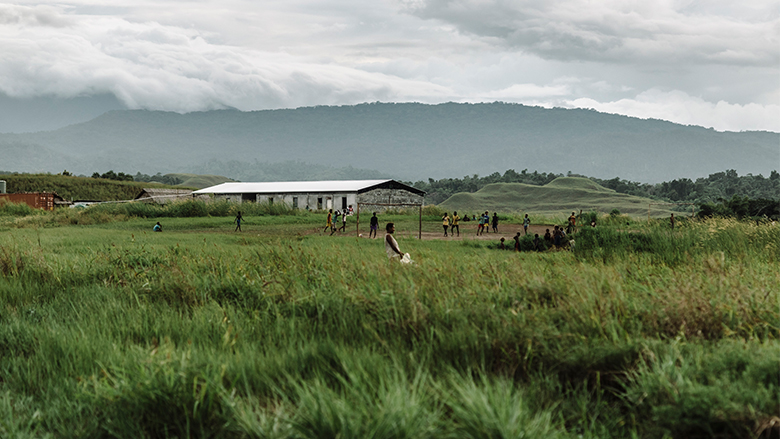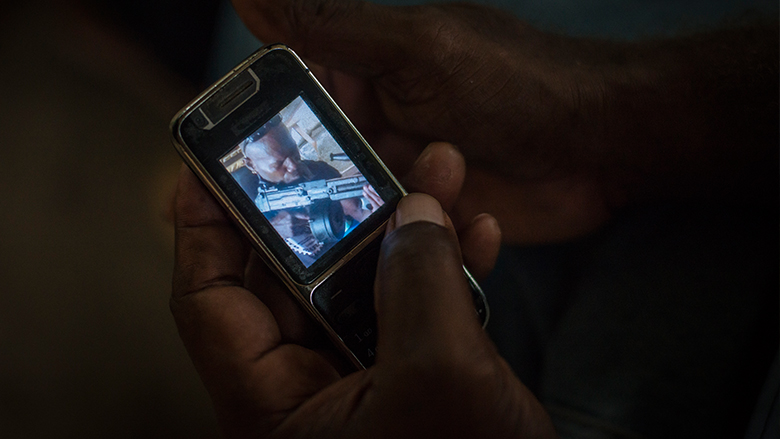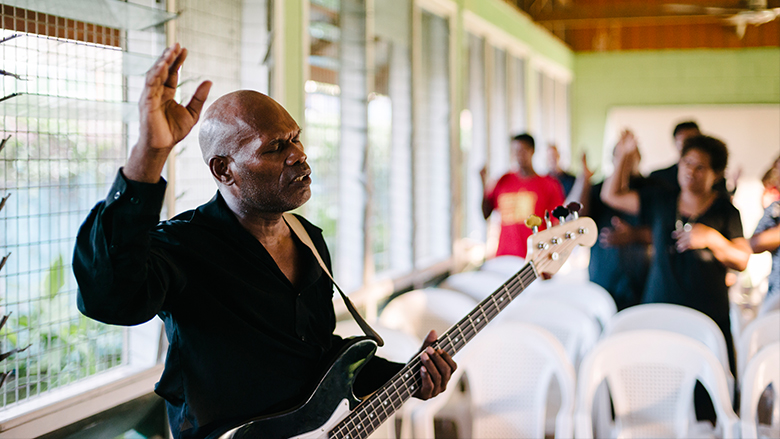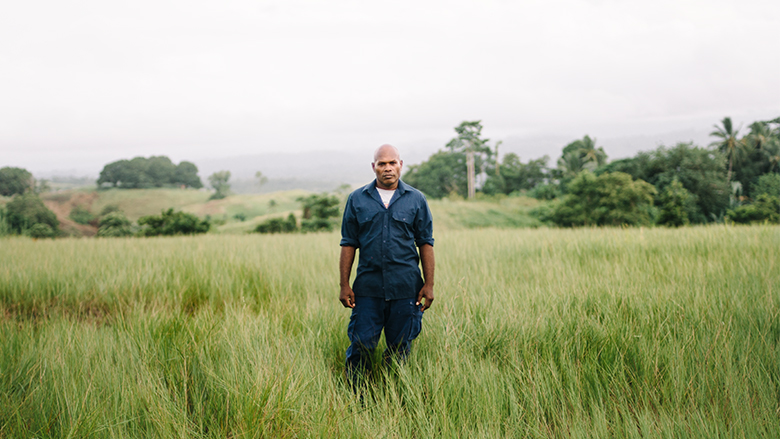Andrew Fioga remembers the good times as well as the bad in his homeland of the Solomon Islands.
Born on the island of Guadalcanal in 1965 to ethnic Malaitan parents, he describes an earlier life of “nothing to worry about” in Honiara, the capital, and the family farm that grew potatoes, yams, beans, tomatoes and other vegetables in Tina River, a village 30 kilometers beyond the capital.
“It was easy going,” he said. “The town was small and you knew everyone. We would go to church and people would go past and smile. We were one of them [the local Guadalcanal community].”
Then came The Tensions, an unprecedented five-year spate of violence between ethnic militants from Guadalcanal and Malaita that devastated lives and left the economy in tatters. Following repeated attempted attacks by Guadalcanal militants, Andrew’s family abandoned the farm for Honiara. They were the last Malaitans to leave the area.
“It was a nightmare,” Andrew said. “Things just changed.”
When his father went back to the farm to collect food for the family, he was captured by members of the Guadalcanal Revolutionary Army (GRA).
“They took my father because he was a Malaitan,” Andrew explained. “They dragged him first, on the truck, towing him to their camp, then tortured him. He was still taking his breath and they just dumped him down. He was buried alive. That really burned in me – turned my whole mindset to revenge.”
Andrew became a founding members of the Malaita Eagle Force (MAF), commanding militants in four years of fighting against the GRA until international efforts restored peace to the Solomon Islands in 2003. He signed several peace agreements and served time in jail, along with other militants from both sides of the conflict.




